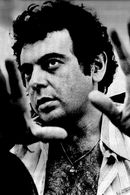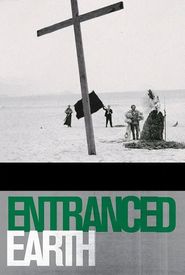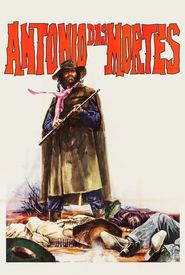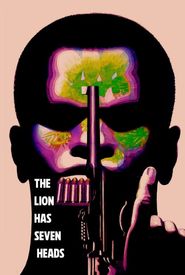Glauber Rocha, a visionary artist, embarked on a multifaceted journey that spanned law, theatre, and film. His academic pursuits in law were only the beginning, as he soon found himself drawn to the world of theatre, where he honed his skills as a director.
In addition to his work in the theatre, Rocha was an avid film critic and played a pivotal role in the development of the "cinema novo" movement in Rio de Janeiro, Brazil. As the theoretical leader and first ambassador of this innovative cinematic movement in Europe, he brought international attention to the genre.
Rocha's cinematic endeavors were met with widespread acclaim, particularly after the release of his trilogy of films, including "Barravento" (1962) and "Antonio das Mortes" (1969). His work earned him numerous international awards, cementing his status as a prominent figure in the world of cinema.
As the embodiment of the ideology of the May 1968 movement, Rocha's popularity soared in Europe and America. However, his subsequent decision to film in Africa and Spain marked a turning point in his career, as his followers became distracted and his fame began to wane.
Despite this decline, Rocha continued to work on a few films of limited interest, leaving behind a legacy that continues to inspire and influence filmmakers to this day.



























